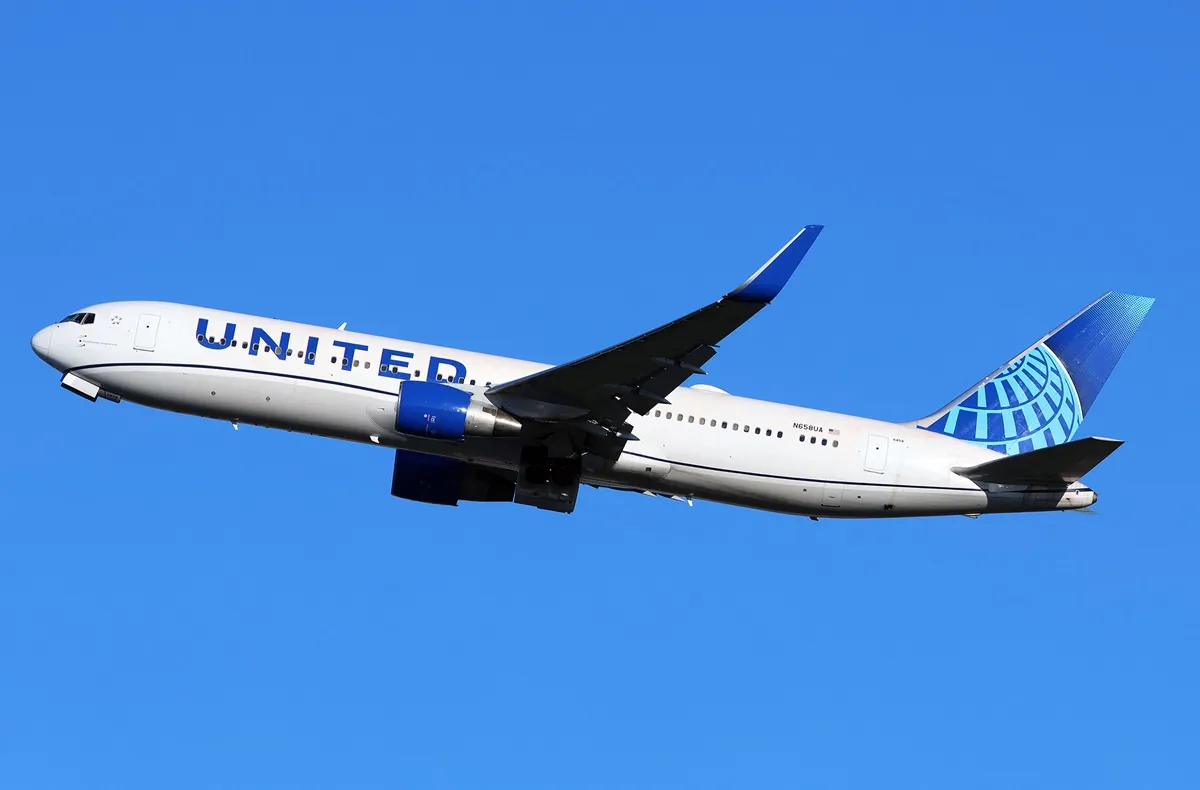Enforcing REAL ID rules
TSA published the final REAL ID rulemaking on January 13, providing a framework to enforce the REAL ID requirements. Federal agencies, including TSA, will mandate travelers to have REAL ID-compliant documents starting May 7.
David Pekoske, TSA Administrator, said that the US Congress passed the REAL ID Act in 2005 to enhance security standards for identification. The bill was a direct response to the security vulnerabilities highlighted by the attacks on September 11, 2001.
“I urge those who use a driver’s license or state-issued identity card as their primary form of identification to access federal facilities or board commercial passenger aircraft, to ensure these credentials are REAL ID-compliant.”
“The REAL ID Act, enacted pursuant to a 9/11 Commission recommendation, established minimum security standards for state-issued drivers’ licenses and identification cards that federal agencies may accept for purposes of boarding federally regulated commercial aircraft, accessing certain federal facilities, and entering nuclear power plants.”
Over 31,000 comments
TSA published the notice of proposed rulemaking (NPRM) to enforce REAL ID rules at border checkpoints and airports in September 2024. In response, the Administration received 31,764 comments from stakeholders, including individual residents living in the US.
In the NPRM, the government agency said that the rule would ensure that federal agencies had appropriate flexibility to implement card-based enforcement provisions of REAL ID regulations after May 7, 2025.
“Under this rule, agencies may implement the card-based enforcement provisions through a phased enforcement plan if they determine it is appropriate upon consideration of relevant factors including security, operational feasibility, and public impact.”
“DHS, as the agency administering the REAL ID program, and other Federal agencies will largely bear the cost of the rule related to facilitating phased enforcement, while benefits include flexibility to Federal agencies that may reduce operational disruptions as well as to States and individuals associated with additional time to obtain and process REAL IDs.”
REAL ID benefits
According to TSA, the benefits of rulemaking include the flexibility of federal agencies in enforcing REAL ID card-based regulations in a phased manner. This may reduce security vulnerabilities, operational disruption, and public impact.
However, it will not unnecessarily delay REAL ID enforcement for those agencies that are fully ready to implement the card-based enforcement by the May 7 deadline.
Furthermore, a phased approach will benefit passengers, allowing them more time to obtain a REAL ID-compliant document, which, in turn, could reduce potential queues and associated delays at access points, such as airports , and may help mitigate potential backlogs at state licensing agencies.




